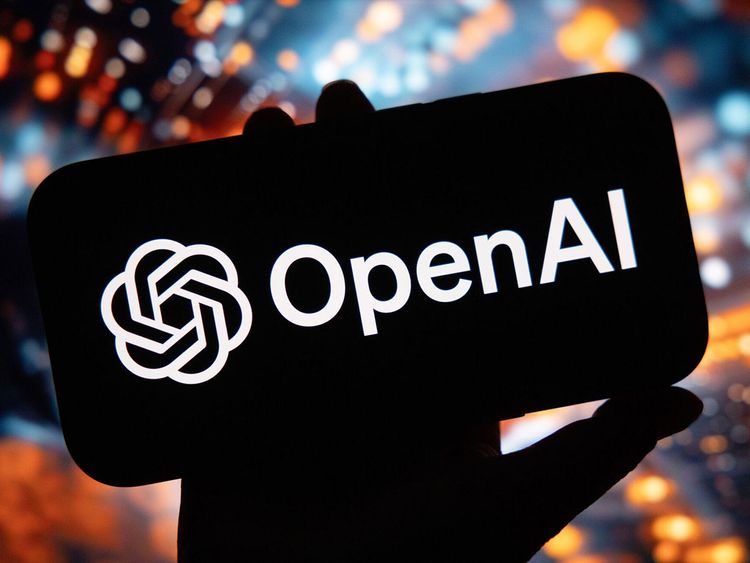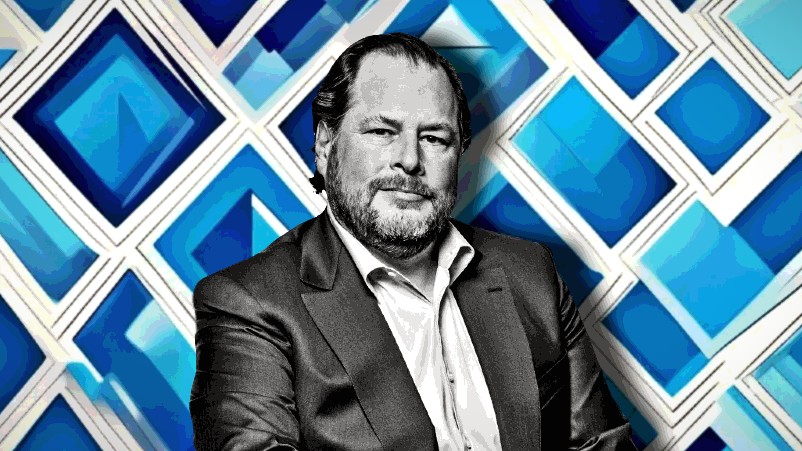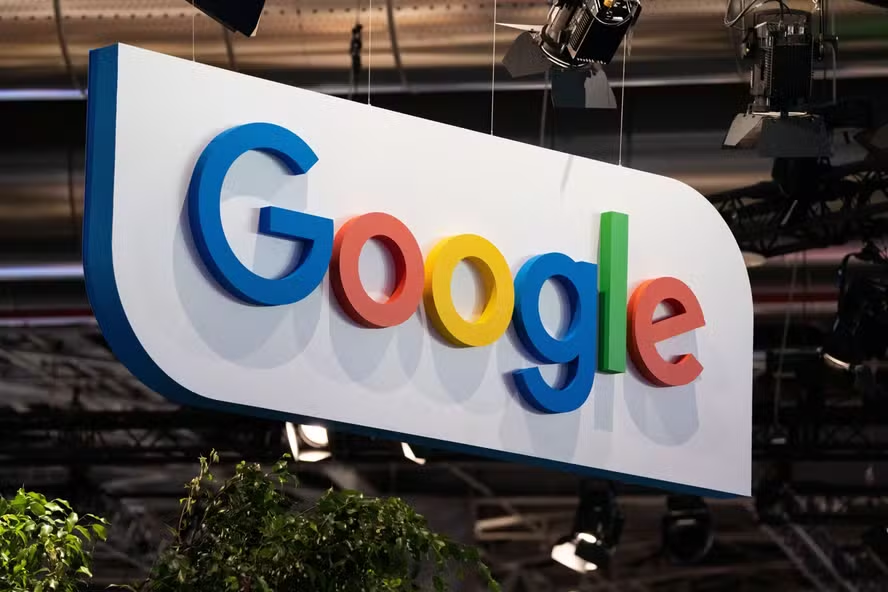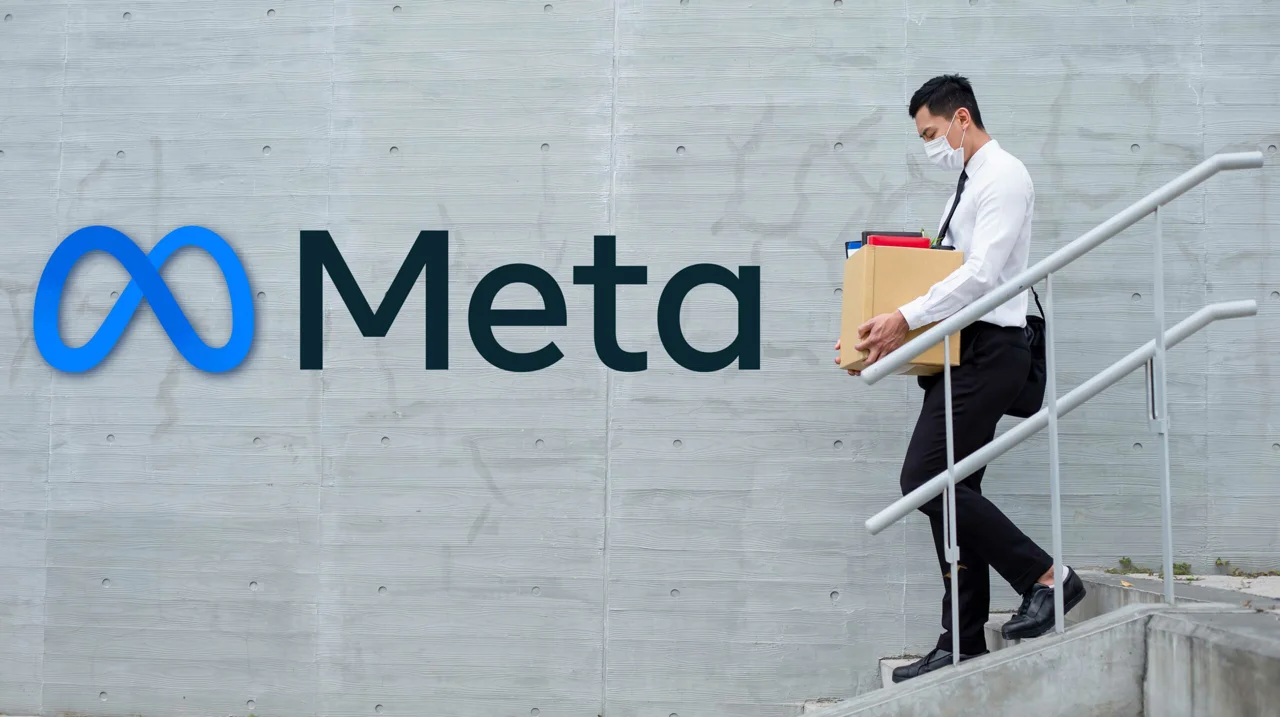Experts criticize OpenAI’s recent patent pledge, describing it as ‘virtue signaling’ and questioning its practical impact on innovation and intellectual property in the tech industry
OpenAI discreetly posted a statement on its website this week, promising not to exploit its patents offensively.
OpenAI declared its dedication to the principles of “collaboration” and “broad access” by promising to utilize its patents exclusively to foster innovation.
The company stated, “We are committed to exclusively employing our patents defensively, provided that a party does not threaten or assert a claim, initiate a proceeding, assist another party in such activities against us, or engage in activities that harm us or our users.”
However, specialists contend that the assertions are essentially without substance.
OpenAI’s patent pledge is ambiguous and vague, contrary to IBM’s 2005 promise not to use 500 specific patents against open-source software manufacturers, according to MBHB partner Mike Borella.
The precise definition of “defensively” and the activities that OpenAI may perceive as “harming” the company or its users are not entirely obvious.
Borella stated to TechCrunch, “The final phrase appears to be the exception that envelops the rule.” “It has the potential to be interpreted in many ways, such as encompassing all of OpenAI’s competitors in the marketplace and parties who legitimately critique ChatGPT’s shortcomings.”
He also contended that OpenAI does not possess a substantial patent portfolio that it could assert if desired; its intellectual property strategy is significantly more reliant on trade secrets, such as confidential training data and methods.
Patent applications submitted to the U.S. Patent and Trademark Office are typically not published until 18 months after filing; however, only a few OpenAI patents have been granted thus far.

Additionally, OpenAI’s patent pledge is merely that: a pledge. Similar to a contract or warranty, it is voluntary.
Shubha Ghosh, a Syracuse University professor specializing in intellectual property law, asserts that the legal significance of the matter is unclear. He stated that it will not prevent OpenAI from asserting its rights under contract, trade secret, or copyright laws.

Ghosh stated that copyright and trade secret laws would safeguard the computer source code that directs ChatGPT. “Contracts that OpenAI incorporates into its terms of service would remain valid.”
What OpenAI has temporarily lost is credibility if it engages in conduct that deviates from the covenant, such as suing another company or an individual for patent infringement.
Borella characterized OpenAI’s statement as “public relations virtue-signaling,” or an attempt to gain the approval of the tech community and regulators, similar to Tesla’s vague patent pledge in 2014.
Borella stated that the statement is ultimately rendered ineffectual, describing it as “nothing more than a paper tiger” rather than a real effort to promote healthy market competition.



